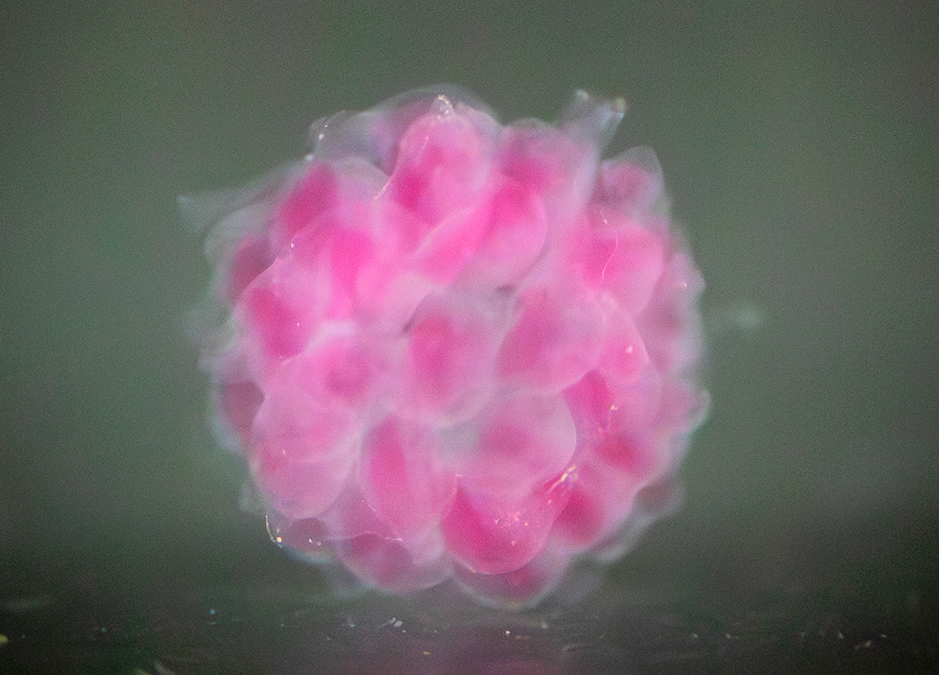The American Physical Society has awarded its 2026 John H. Dillon Medal to Liheng Cai at the University of Virginia School of Engineering and Applied Science.
Cai is an associate professor in the departments of Materials Science and Engineering and Chemical Engineering whose research has twice challenged long-accepted “rules” of how polymers are supposed to behave. His discoveries offer enormous promise for designing better, safer materials for applications in health care and sustainability.

“This is among the most highly prized awards in polymer research,” said dean of UVA Engineering Jennifer West. “It’s truly a mark of distinction for Liheng and the research program he has built here, and a testament to the significance of his groundbreaking work.”
Our lab’s philosophy is to identify and solve problems of both fundamental importance and practical value.
The medal recognizes Cai’s work for “pioneering the understanding and applications of architecturally complex polymers and networks using experiments and theory,” the society announced on Nov. 5.
“Grateful,” said Cai of how he felt upon hearing the news.“You only get this honor with tremendous support, from advisors and mentors, your school and leadership, the research community, funders, and most of all, grad students and postdocs who do the work in the lab,” Cai said. “I’ve been blessed with all of the above and I’m incredibly honored and humbled that our lab’s work has been recognized in this way.”
The Dillon Medal was established in 1983 by the American Physical Society and its Division of Polymer Physics to recognize an early- to mid-career researcher for “outstanding accomplishment and unusual promise” in polymer physics.


